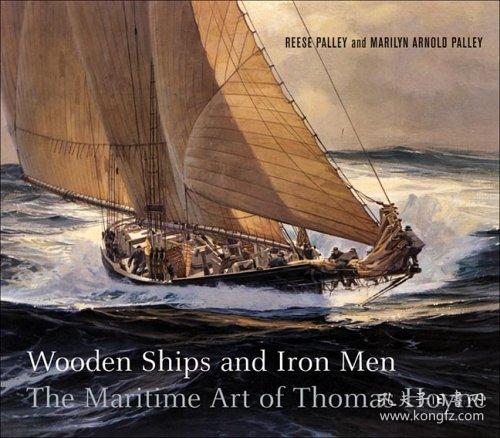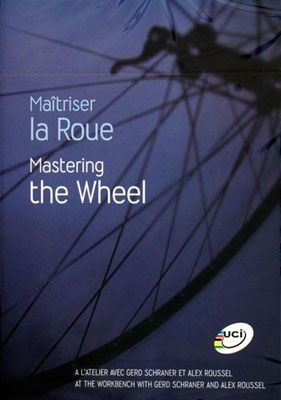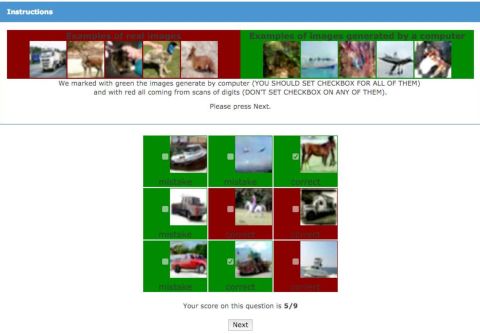Content:
Fishing is an ancient and beloved pastime that has been enjoyed by people of all ages for centuries. Whether you're looking to unwind on a serene lake, challenge yourself on a roaring river, or simply enjoy the tranquility of the great outdoors, fishing is a rewarding activity that can provide hours of entertainment. However, for beginners, the art of fishing can seem daunting. In this article, we will provide you with valuable tips and techniques to help you become a more skilled angler and increase your chances of catching fish.
Choose the Right Equipment
One of the most crucial aspects of successful fishing is selecting the appropriate equipment. Here are some key pieces of gear you'll need:
- Rod and reel: Choose a rod and reel that match your fishing style and the type of fish you're targeting. For beginners, a medium-action rod and a spinning reel are a good starting point.
- Line: The type of line you use will depend on the fish you're targeting and the conditions you're fishing in. Monofilament line is versatile and easy to work with, making it a great choice for beginners.
- Lures and baits: The type of lure or bait you use will depend on the fish you're trying to catch. Research the species you're targeting and use the appropriate lure or bait to attract them.
- Tackle box: Keep a tackle box with essential items such as hooks, sinkers, swivels, and leaders.
Learn the Basics of Casting
Casting is the process of throwing your lure or bait into the water. Here are some tips to help you improve your casting technique:
- Hold the rod with a comfortable grip, using your thumb and index finger to control the reel.
- Position your feet shoulder-width apart and bend your knees slightly to maintain balance.
- Swing the rod back and forth in a smooth, fluid motion, allowing the line to unwind from the reel.
- Aim for a target and release the line at the appropriate moment to achieve the desired distance and accuracy.
Understand Fish Behavior

To catch fish, you need to understand their behavior and habits. Here are some tips to help you become more aware of fish behavior:
- Research the species you're targeting to learn about their feeding patterns, preferred habitats, and migration routes.
- Pay attention to the weather and water conditions, as these factors can significantly impact fish behavior.
- Use your senses to detect changes in the environment, such as the sound of fish feeding or the movement of their fins.
Master the Art of Baiting Your Hook
Properly baiting your hook is essential for attracting fish. Here's how to do it:
- Cut your bait into small, bite-sized pieces to make it more appealing to fish.
- Thread the bait onto the hook using a baiting needle or by hand, ensuring it's secure and won't come off easily.
- Consider using artificial baits, such as lures or soft plastics, which can be more effective than live bait in some situations.
Practice Patience and Persistence
Fishing is a game of patience and persistence. Here are some tips to help you stay focused and motivated:
- Set realistic goals for your fishing trip, and don't get discouraged if you don't catch fish right away.
- Take breaks to rest and relax, and enjoy the beauty of nature around you.
- Be prepared to fish in different locations and at different times to increase your chances of success.
Use the Right Technique for the Situation
There are various fishing techniques you can use, depending on the species and conditions. Here are some common techniques:
- Casting: As mentioned earlier, casting is a fundamental technique used to present your lure or bait to fish.
- Trolling: Trolling involves dragging a lure or bait behind a boat at a slow speed to attract fish.
- Still fishing: Still fishing involves casting your lure or bait and waiting for a fish to bite.
- Fly fishing: Fly fishing is a technique that involves casting a weighted fly rod to present a fly to fish.
By incorporating these tips and techniques into your fishing routine, you'll become a more skilled angler and increase your chances of catching fish. Remember, the key to success in fishing is practice, patience, and a genuine love for the sport. Happy fishing!












